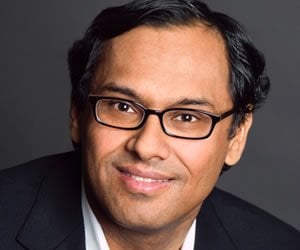The Benefit of Psychoeducational Assessments For Some MCAT Takers
Remember when you were a child and first realized the magnitude of your school career? ... Read more
Written by: Bryce Gibbs
Published on: February 20, 2019
Remember when you were a child and first realized the magnitude of your school career? ... Read more
Written by: Bryce Gibbs
Published on: February 20, 2019

Madeline called to ask: it’s finals week and you’re stricken with seasonal depression–what’s a med ... Read more
Written by: The Short Coat Podcast
Published on: December 28, 2018

By Gloria Onwneme, Medical Student, University of Nottingham, UK Dr. Harris Eyre, MD, PhD, Fulbright ... Read more
Written by: Gloria Onwuneme
Published on: March 12, 2018

What made you decide to write your new book, Doctored? What were you hoping to accomplish? ... Read more
Written by: Brent Schnipke
Published on: April 12, 2016

Junior doctors [and residents in the US] do a valuable and sometimes life-saving job for ... Read more
Written by: Anne Caler
Published on: April 7, 2016

Republished with permission from here. One after the other, day after day it seems, I ... Read more
Written by: Erica Patel
Published on: February 24, 2016

What happens when the healer is the one in pain?
Written by: Ajay Koti
Published on: November 26, 2014

There is no simple solution to physician suicide, but it begins with awareness and discussion.
Written by: Megan Riddle
Published on: September 8, 2014

Confidential help is available for the upwards of 1 in 4 medical students who meet the criteria for depression.
Written by: Megan Riddle
Published on: April 9, 2014